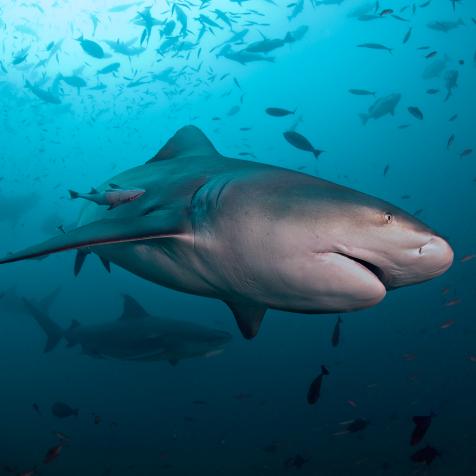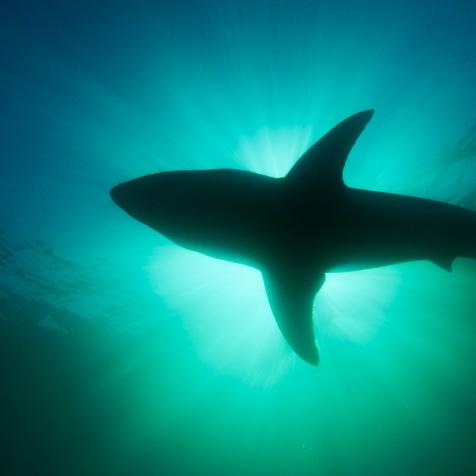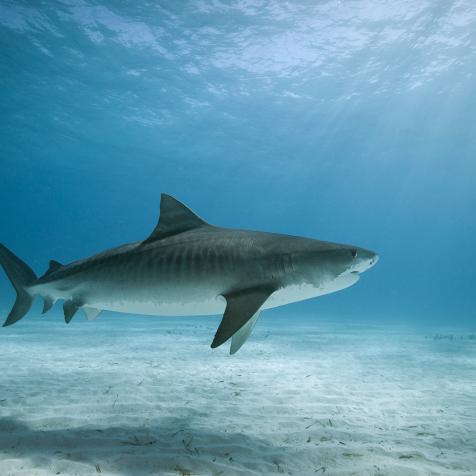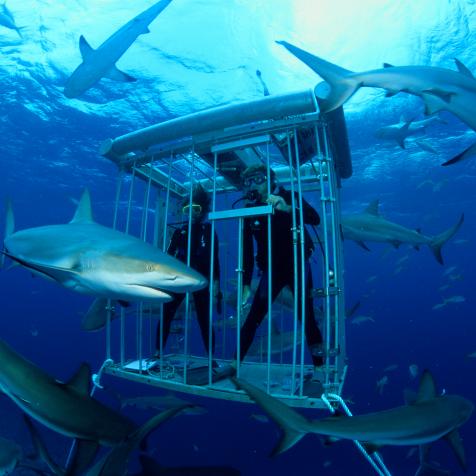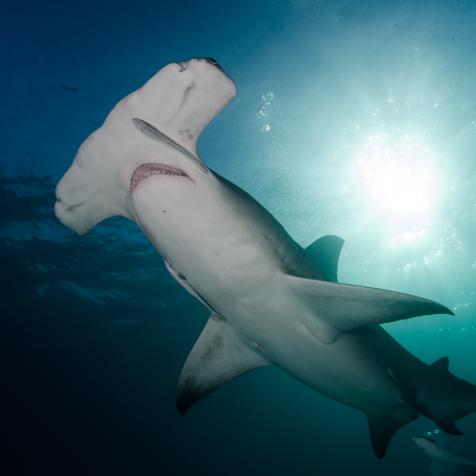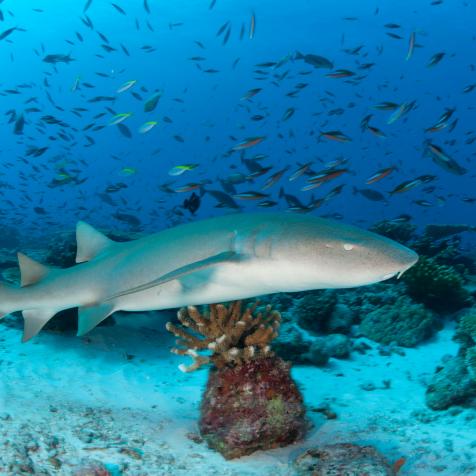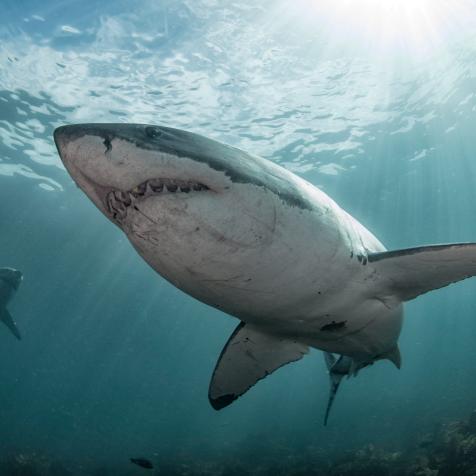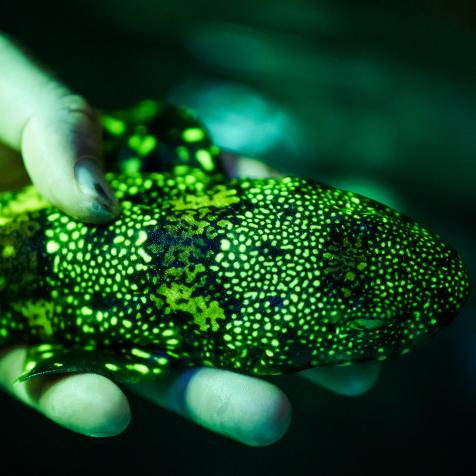
Joao Paulo Burini
Curiosity Daily Podcast: Death to Skeeters, Swapping Saliva, Messing with Lightspeed
Today, you’ll learn about a brilliant biotechnology that is turning mosquitoes against themselves, how babies use a slimy indicator to figure out who can be trusted, and the freaky things that would happen if we messed with the speed of light.
Episode show notes:
Hate mosquitos? These modified mosquitoes do, too.
Millions of genetically modified mosquitoes may soon be buzzing in Florida and California. Here's why. by Ryan W. Miller
2 Billion Genetically Modified Mosquitoes Cleared for Release in California and Florida by Ed Cara
California's first lab-grown mosquitoes may take flight—stirring controversy by Lisa M. Krieger
Malaria’s Impact Worldwide by The CDC
Mosquitoes and Disease by Illinois Department of Public Health
Want a baby to trust you? Try sharing some spit.
Babies may use saliva sharing to figure out relationships by Erin Garcia de Jesús
Kids attend to saliva sharing to infer social relationships by Christine Fawcett
Babies can tell who has close relationships based on one clue: saliva by Anne Trafton
When babies see people swap spit, they know what’s what by Juan Siliezar
Let’s keep lightspeed where it’s at. Just trust us here.
What would happen if the speed of light was much slower? by Ashley P. Taylor
What Is Relativity? by Michael Schirber
What time is it? That depends on how fast you're traveling. by American Museum of Natural History
'A Slower Speed of Light' turns the strangeness of near-light speed travel into a game by Janus Kopfstein
How Fast is the Speed of Light by LTP NASA
How Fast is the World’s Fastest Human? By Kara Rogers
The Doppler Effect by the Physics Classroom
The Most Extreme Human Spaceflight Records by Mike Wall
Follow Curiosity Daily on your favorite podcast app to get smarter with Calli and Nate — for free! Still curious? Get exclusive science shows, nature documentaries, and more real-life entertainment on discovery+! Go to https://discoveryplus.com/curiosity to start your 7-day free trial. discovery+ is currently only available for US subscribers.











